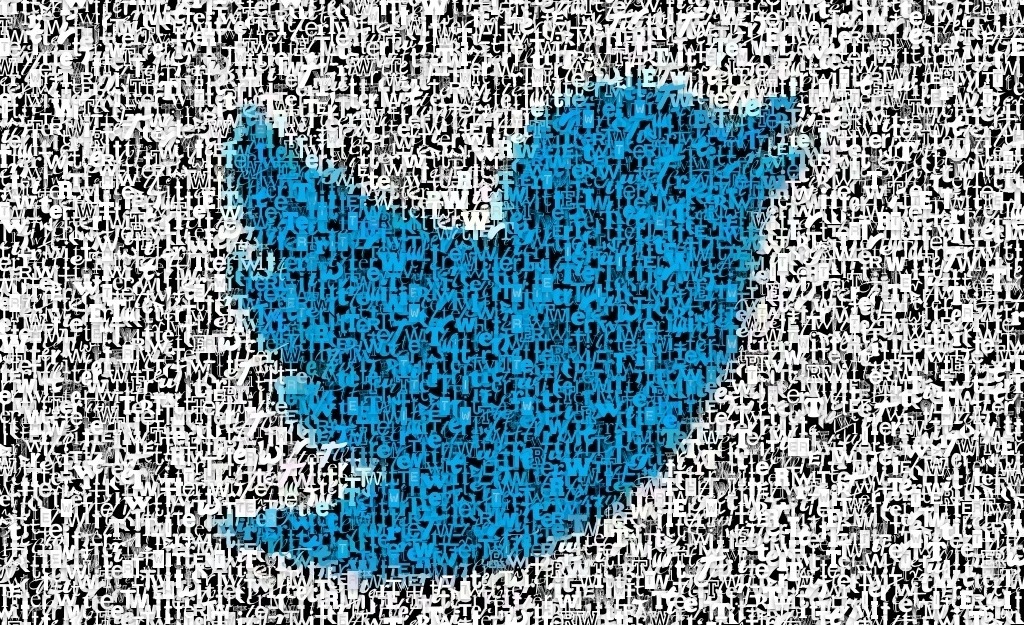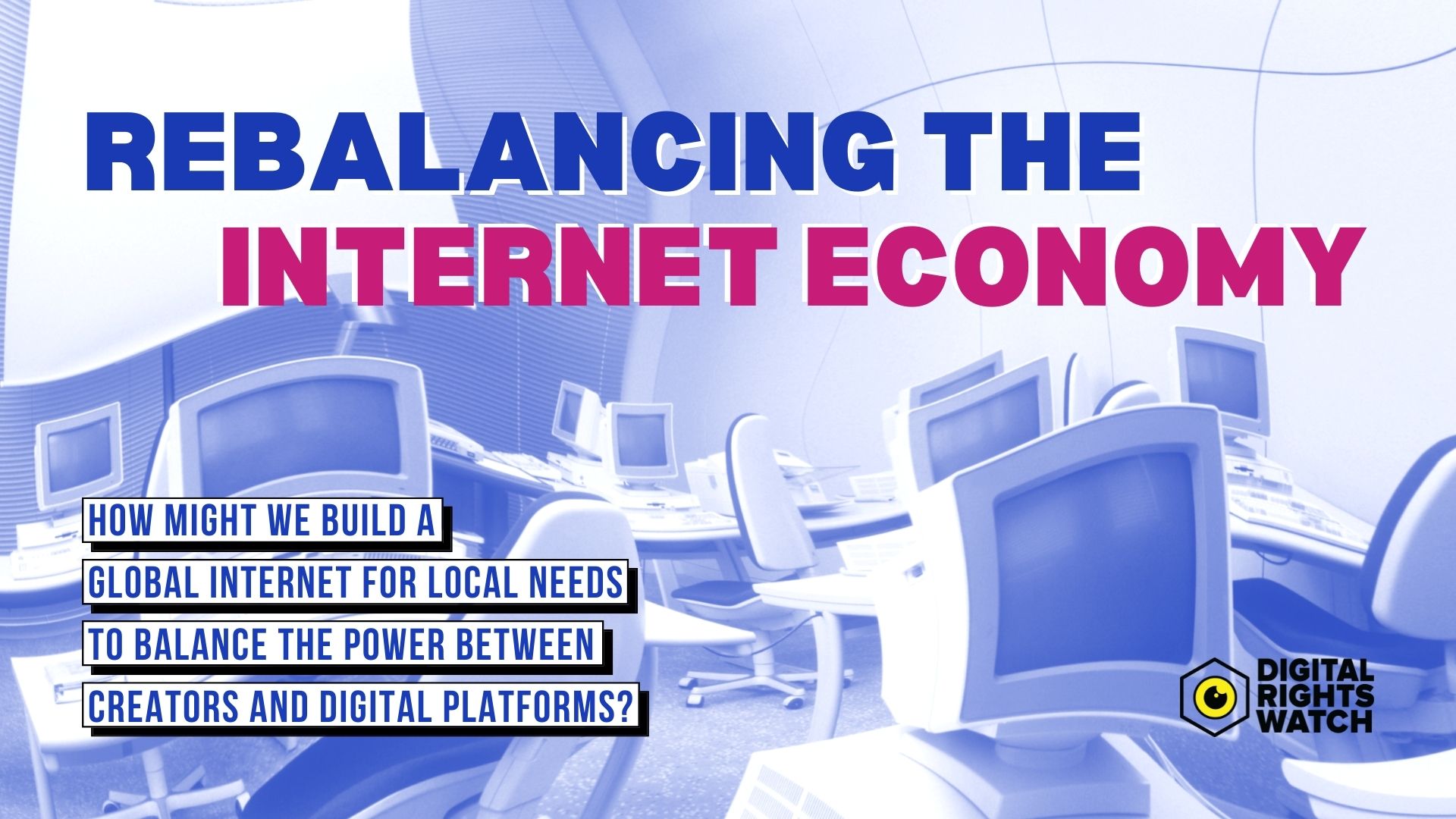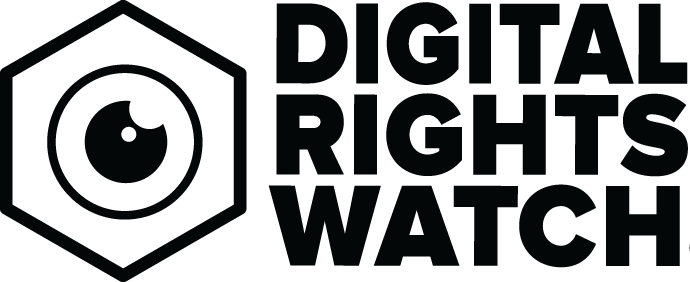SOCIAL
MEDIA
IN CRISIS
The backdrop of 2022 has been a growing sense of frustration and anger regarding the major digital platforms and their volatility at the hands of the billionaires that own them. Nowhere was this more apparent than in Twitter’s acquisition by Elon Musk.
Although Twitter is not the most popular social media platform, its high proportion of journalists, politicians, academics and activists gave it a powerful influence over news and politics. Its sale and subsequent spiral under new leadership prompted people to consider how having some of our most critical social infrastructure in private hands might be dangerous.
When the sale was first announced in April, Digital Rights Watch was quick to call out the need to build the kind of digital social infrastructure that serves local communities and is not subject to the whims of billionaires.
Alongside all of this, this year we also launched our report into Rebalancing The Internet Economy. During the research we heard from creative and knowledge workers that the internet economy simply isn’t working. Big tech is capturing attention and locking in audiences so they can squeeze creative workers and extract greater profits. Breaking the hold the big-tech has over audiences is vital to protecting local creative industries, culture and creativity. With the sale of Twitter, the question of what it will take to develop publicly owned digital platforms became more urgent than when we started the project.
Highlights:

The town square doesn’t belong in private hands
When it first came to light that Elon Musk was planning to buy Twitter, James Clark, our Executive Director, wrote for Overland about the dangers of leaving social infrastructure in the hands of billionaires.

As Twitter burns we must not forget it is people that create social movements, not apps
Program Lead, Samantha Floreani wrote for The Guardian about the powerful democratising and liberatory potential of social media outside of corporate control.

The fall of Twitter and the work of creating democratic social spaces
Board members Lizzie O’Shea and Lilly Ryan on the work and collaboration required to build online communities.

Report: Rebalancing The Internet Economy
To understand how the internet economy could work better for the local communities, we spoke to hundreds of people who rely on the internet to do their work. The report recommends that the government play a more active role both in regulating the internet economy, supporting creative workers and fostering local and publicly-owned alternatives to big-tech.

Digital Rights Watch is fighting to uphold human rights online. We need your support to continue our high impact research, advocacy and campaigning.
Donate Now